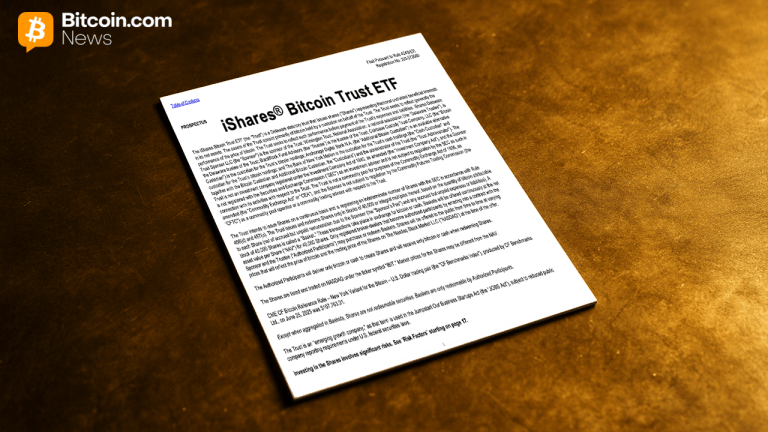Russian Foreign Minister Sergey Lavrov Explains ‘Multipolar’ World View in Brazil – Economics Bitcoin News
3 min read
Sergey Lavrov, the Russian foreign minister, started his tour of Latin America on April 17, landing first in Brasilia to hold high-level talks with Brazilian President Luiz Inacio ‘Lula’ da Silva and Brazilian Foreign Minister Mauro Vieira. Lavrov insisted that Russia was building a “multipolar” world, while Vieira rejected the unilateral sanctions enacted against Russia.
Russian Foreign Minister Sergey Lavrov Talks Multipolar World in Brazil
Russian Foreign Minister Sergey Lavrov started his Latin America tour on April 17, landing in Brazil to hold high-level discussions with Brazilian President Luiz Inacio ‘Lula’ da Silva and other Brazilian diplomats on energy and economic affairs. The tour, which will include visits to Venezuela, Nicaragua, and Cuba, seeks to strengthen the cooperation and economic integration between countries of the region.
While meeting with his Brazilian counterpart Mauro Vieira, Lavrov insisted that Russia was collaborating in constructing the vision of a “multipolar” world, when talking about the difficulties the Russian Federation is currently facing. Lavrov stated:
Brazil and Russia have a single vision. We are building a more equitable, just, and law-based world order. We have a vision of a multipolar world, in which we take into account different countries, not just a few.
Lavrov expanded on this idea, stating that Moscow was interested in solving the Ukrainian conflict “as soon as possible,” but that all solutions would have to conform to this multipolar world policy, without the U.S. dominating the international arena.
A Rejection of U.S. Sanctions
Brazilian Foreign Minister Mauro Vieira also rejected the sanctions that the U.S. government has enacted against the Russian Federation and their effects on the citizens of Russia. Vieira declared:
Brazil is against unilateral sanctions because, in addition to not having the approval of the UN Security Council, they have a negative impact on economies around the world.
In his recent visit to Russia, Brazilian President ‘Lula’ took a shot at the U.S. dollar as a reserve currency, calling for emerging economies to ditch it and find alternatives instead.
The U.S. has been extending the scope of the sanctions against Russia. Recently, a group of Chinese companies that have allegedly helped Russia to acquire technology was included in the Office of Foreign Assets Control (OFAC) “entity list,” triggering protest from the Chinese government.
The UN Security Council, which is currently presided by Russia, has not enacted any sanctions against Russia, and some resolutions against the conflict have already been thwarted by the veto capability of the country.
Russia also secured the provision of fertilizers to Brazil, which imports a significant number of these from the country. Brazil will increase its exports of meat to the Russian Federation, helping the country in its efforts to substitute products affected by sanctions.
What do you think about Lavrov’s statements in Brazil? Tell us in the comments section below.
Image Credits: Shutterstock, Pixabay, Wiki Commons, Russian Foreign Ministry Twitter Account, Shutterstock.com
Disclaimer: This article is for informational purposes only. It is not a direct offer or solicitation of an offer to buy or sell, or a recommendation or endorsement of any products, services, or companies. Bitcoin.com does not provide investment, tax, legal, or accounting advice. Neither the company nor the author is responsible, directly or indirectly, for any damage or loss caused or alleged to be caused by or in connection with the use of or reliance on any content, goods or services mentioned in this article.
Read disclaimer






